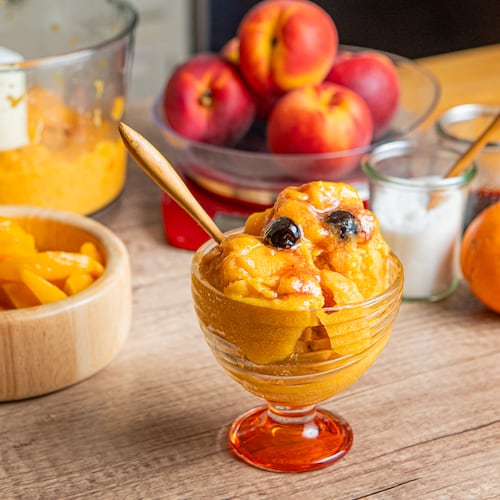A legal fight is brewing over Chobani’s new advertising campaign for its Simply 100 line of Greek yogurt.
The campaign, on television and social media and in newspapers, lists what Chobani says are the differences in ingredients in Simply 100 and low-calorie yogurts made by two competitors, Dannon and Yoplait.
The ads say that unlike Simply 100, Dannon Light & Fit Greek uses the artificial sweetener sucralose and Yoplait Greek 100 contains potassium sorbate as a preservative.
In one of Chobani’s television ads, which began airing on Jan. 6, a woman lounging next to a pool tosses a cup of Dannon Light & Fit into a garbage can with a disgusted look on her face.
Michael Neuwirth, a spokesman for Dannon, said in an email that Chobani’s ads were misleading and deceptive. “Like many reduced-calorie foods, Light & Fit Greek nonfat yogurt contains sucralose, an FDA-approved ingredient that has been safely and widely used as a sweetener in foods for more than 15 years,” Neuwirth said.
Potassium sorbate is a common preservative. But Chobani’s ad campaign contends that it “is used to kill bugs.” Another Chobani commercial shows a young woman in a classic convertible reading the label on a tub of Yoplait Greek 100 and then tossing it out of the car.
Mike Siemienas, a spokesman for General Mills, which owns Yoplait, says that potassium sorbate is a salt used in small amounts in yogurt to prevent the growth of mold and yeast. “The statements made by Chobani in their latest attempt to sell more yogurt are entirely misleading, and we don’t think consumers appreciate that kind of approach,” Siemienas said in an email.
Consumers have become much more aware of the ingredients in their food over the last few years, sending food and restaurant companies scrambling to reformulate products. PepsiCo removed brominated vegetable oil from Gatorade after a teenager in Mississippi complained and pointed out that the ingredient — added to some citrus drinks to keep the fruit flavoring evenly distributed — was banned from use in foods in many other countries. Coca-Cola later followed suit. And the Campbell Soup Company is retooling its soups to get rid of ingredients like high-fructose corn syrup and artificial colors.
“This campaign is fundamentally about choice — the choice between natural ingredients versus artificial ingredients,” Peter McGuinness, chief marketing and brand officer at Chobani, said in a statement. “We’re empowering consumers with facts and information to help them make more informed decisions when they’re buying food for themselves and their families.”
A day after the ads began running, Dannon sent a cease-and-desist letter to Chobani, demanding that it immediately stop the campaign. “These Simply 100 advertisements are false, misleading and deceptive, will deceive consumers, and have caused and will continue to cause immediate and irreparable injury to Dannon, as well as to consumers,” Marcella Ballard, a lawyer at Venable who represents the French company, wrote to Chobani’s general counsel.
Ballard said the ads violated the Lanham Act, a federal law that, among other things, protects companies from unfair competition and is often cited in cases contending false and misleading advertising. She also said the campaign violated New York state law.
On Friday, Chobani went to court seeking a decision that would allow it to continue the advertising campaign. The company argued that the information in the campaign on sucralose and potassium sorbate came directly from federal government websites.
Chobani asserts that the statements made in its ads “are true and accurate.”
About the Author
The Latest
Featured

